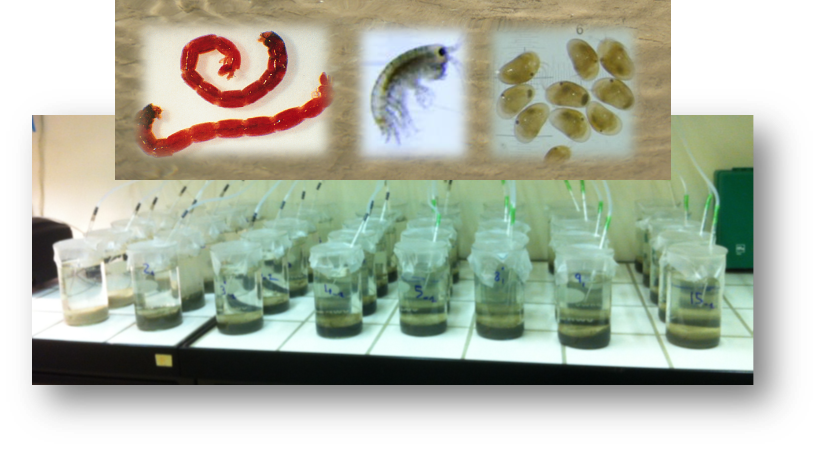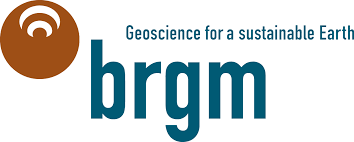Website: www.SedNet.org
Compiled by: Marjan Euser (marjan.euser@deltares.nl)
Subscription Service: SedNet Secretariat (marjan.euser@deltares.nl)
Disclaimer: SedNet is not responsible for faults due to incorrectness of info in this newsletter
Previous issues: www.sednet.org/newsletter
Contents
- The Role of Ecotoxicological Data in Sediment Quality and Dredged Material Assessment Frameworks
- Working meeting on the topic of reliability/reproducibility of aquatic biotests
- Next meeting SedNet WG Sediments in Circular Economy
- Addressing Climate Change Challenges with Sediment Management
- 12th International SedNet Conference, Lille, France
- Sediment as a dynamic natural resource—from catchment to open sea
- Including sediment in European River Basin Management Plans: twenty years of work by SedNet
- Sediment source fingerprinting: benchmarking recent outputs, remaining challenges and emerging themes
- LIFE NARMENA: NAture-based Remediation of MEtal pollutants in Nature Areas to increase water storage capacity
- EmConSoil – a Multi-stakeholder Network for Emerging Soil Contaminants
- AquaConSoil – international conference
- Webinar Platform Baggernet ‘Sediment as a resource’ combined with final symposium of Interreg-project ‘Using Sediment As a Resource’ – 8th October 2020
- News from the Sullied Sediments project
- Upcoming events
Click here for a pdf of the newsletter
The Role of Ecotoxicological Data in Sediment Quality and Dredged Material Assessment Frameworks
On October 1 and 2, the workshop on “The Role of Ecotoxicological Data in Sediment Quality and Dredged Material Assessment Frameworks” took place. The workshop, organized jointly by the SedNet Working Group on Sediment Quality, the Sullied Sediments project and the ICES Working Group on Marine Sediments in Relation to Pollution was initially scheduled to take place at the ISPRA facilities in Rome on March 10 and 11 but was canceled at the last minute due to the Covid-19 crisis. Finally organized as an on-line event, the workshop brought together 32 experts from academia, industry/business and government from 15 different countries to exchange experiences and approaches regarding the use of biotesting and ecotoxicological data in the assessment of sediment and dredged material quality. The four topics addressed included:
- application of ecotoxicological testing in sediment quality and dredged material assessment frameworks;
- the use of ecotoxicological data for deriving sediment quality guidelines (e.g. environmental quality standards –EQSs-, environmental assessment criteria –EACs-) against the background of the Water Framework Directive;
- the efficiency of sediment quality guidelines to protect the environment and its living resources;
- the applicability of passive sampling methodologies to derive thresholds suitable for assessment purposes.
The focus was on identifying challenges and potential solutions to overcome them, as well as the actions that could help bringing forward these four areas. The workshop report will include the outcomes of the discussions and an Action Agenda that should serve as an umbrella for the coordination and development of strategies at international and cross-sectoral level.
A first initiative coming out of the workshop is the working meeting on reliability of sediment toxicity (see next news item) to be organised in the week of 28 June – 3 July next year, in the framework of the SedNet Conference 2021
Working meeting on the topic of reliability/reproducibility of aquatic biotests, to be scheduled during the SedNet conference in Lille, in the week of 28 June – 3 July 2021
If you are performing ecotoxicological tests on natural sediments in your laboratory or have to work with ecotox data, and if you are interested in quality assurance of sediment testing, we would like to invite you to a working meeting on the reliability of biotest data. The objective of this meeting is to exchange experience with regard to e.g. confounding factors, sensitivities, culturing conditions, reproducibility of biotests etc. We would also be interested in evidence on how sampling procedures and sediment preparation influences the outcome of the tests. This meeting will not consist of a number of platform presentations. The focus will be on discussions and sharing experiences and knowledge. If you have slides that demonstrate your results and your work, even if preliminary, we would be happy, if you shared them with us during the meeting. On the registration form for the SedNet conference (registration will open in 2021 – we will keep you informed) you can indicate if you would be interested to join the group. For further information, please contact Carmen Casado, or Susanne Heise.
Next meeting SedNet WG Sediments in Circular Economy
The next meeting of SedNet WG Sediments in Circular Economy will be held online on 5 November 2020.
The following topics are on the agenda:
- Pilot projects for beneficial use: the Port of Rotterdam SURICATES sediment relocation project
- Dehydration equipment as a support for beneficial use of dredged sediments
- Mineral processing techniques as a support for beneficial use of sediments
- The impact of gas on sediment rheology
- Sediment behind dams and river restoration: the Gorge Dam removal, and sediment beneficial uses based on Mass stabilisation
- Emerging compounds and sediment management: update on the PFAS issue
- Group work on a white paper on the circular economy of sediments
A detailed meeting agenda and info how to register for the online meeting have been sent to the WG-members. If you are not member of this WG yet, and if you interested to participate, just send an email to the SedNet Secretariat.
Participation to WG-meetings is free but subject to prior registration.
Addressing Climate Change Challenges with Sediment Management – Joint SedNet-NaCC Workshop*
* Planned to be 2 days in Rome, Italy, 10-11 February 2021 but possibly an online event depending on how the COVID-19 situation evolves
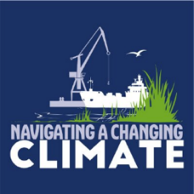 Navigating a Changing Climate is a PIANC-led Global Climate Action initiative under the UNFCCC ‘non-state actor’ process, set up to promote the sharing of knowledge on how ports and waterborne transport infrastructure can reduce emissions and adapt to climate change (find out more at https://navclimate.pianc.org/). SedNet is the European network aimed at incorporating sediment issues and knowledge into European strategies to support the achievement of a good environmental status and to develop new tools for sediment management (see https://sednet.org/).
Navigating a Changing Climate is a PIANC-led Global Climate Action initiative under the UNFCCC ‘non-state actor’ process, set up to promote the sharing of knowledge on how ports and waterborne transport infrastructure can reduce emissions and adapt to climate change (find out more at https://navclimate.pianc.org/). SedNet is the European network aimed at incorporating sediment issues and knowledge into European strategies to support the achievement of a good environmental status and to develop new tools for sediment management (see https://sednet.org/).
Navigating a Changing Climate and SedNet are collaborating to run a workshop exploring areas of comment interest. The workshop, entitled “Addressing climate change challenges with sediment management”, is planned to comprise two consecutive half-day sessions. Its aim is to facilitate knowledge exchange, disseminate good practice, highlight opportunities, and identify gaps in understanding or research needs in relation to the following topics, with an emphasis on ports, waterways, dredging and associated infrastructure/activities:
- Role of sediment management in carbon sequestration and storage: opportunities to contribute to a net reduction in GHG emissions
- Sediments and climate change adaptation: seeking flexible and adaptive solutions to strengthen resilience and adapt port and navigation infrastructure and operations
- Habitat enhancement and creation, Working with Nature and other nature-based solutions: using nature to strengthen the natural resilience of ports and waterways including sediment use (e.g. sand-engine and dunes) for protection against flooding
- Sediment management, circular economy and the waste hierarchy: reduce (e.g. reduce the need for extraction of virgin aggregate); reuse (e.g. shift perceptions of sediment from a waste to a resource); recycle (e.g. optimising sediment placement)
- Emerging issues and opportunities: enabling contributors to the workshop to offer presentations on other sediment management and climate change-related topics, such as how to prevent climate change-induced flooding eroding and remobilising historically contaminated sediments and soils from upstream river banks and transporting them downstream; or how changed environmental conditions may affect sediment quality guidelines.
Those interested in making a presentation at this workshop are encouraged to use the provided template to prepare a one-page overview (abstract).
The completed template which should be received by 31 October 2020, should be submitted as a Word document attached to an email to the SedNet Secretariat and copied to navclimate@pianc.org. The email title line should be clearly marked with the main author’s surname and ‘NavClimate-SedNet workshop presentation offer’.
12th International SedNet Conference, Lille, France
“Sediment Challenges and Opportunities due to Climate Change and Sustainable Development” on 29 June – 2 July 2021
co-organised by BRGM
The Call for Abstracts is open!
The proposed thematic sessions are:
- Climate change and sediments: direct and indirect consequences and opportunities
- Sediment habitats, biodiversity and ecosystem services
- Circular economy – sediment as a resource (Remediation and uses / Building with dredged materials and/or sediments)
- Sediment management concept and sediment policy (Policy for sediment management / Transboundary sediments & innovative maintenance of river delta sea systems)
- Sediment quality guidance, sediment quality assessment (Sediment quality assessment, analytical methods, quality guidance)
- How to deal with emerging substances / PFAS / Microplastics
- Impacts of disturbed sediment continua and mitigation measures? (Sediment balance / Understanding sediment fluxes and budgets on a river basin scale / HORIZON Europe / Land use impact of sustainable sediment management)
- Sediments in coastal-marine management and EU strategies ( HORIZON Europe / Blue Growth)
- Sustainable food production and/or consumption solutions and their effect on sediments and climate change
Deadline for submission of abstracts to the SedNet Secretariat:
1 December 2020
Abstracts will be selected by the SedNet Steering Group for either a platform presentation or a poster presentation.
Please see the conference webpage for the full text of the Call for Abstracts and the template for submission of abstracts.
Sediment as a dynamic natural resource—from catchment to open sea
As a result of the 11th SedNet conference, held in Dubrovnik in 2019, a Special Issue of the Journal of Soils and Sediments was produced entitled “Sediment as a dynamic natural resource—from catchment to open sea”. The Preface of the Special Issue can be downloaded online:
https://rdcu.be/b3YHc
Contact: Jasmina Obhodas
Including sediment in European River Basin Management Plans: twenty years of work by SedNet
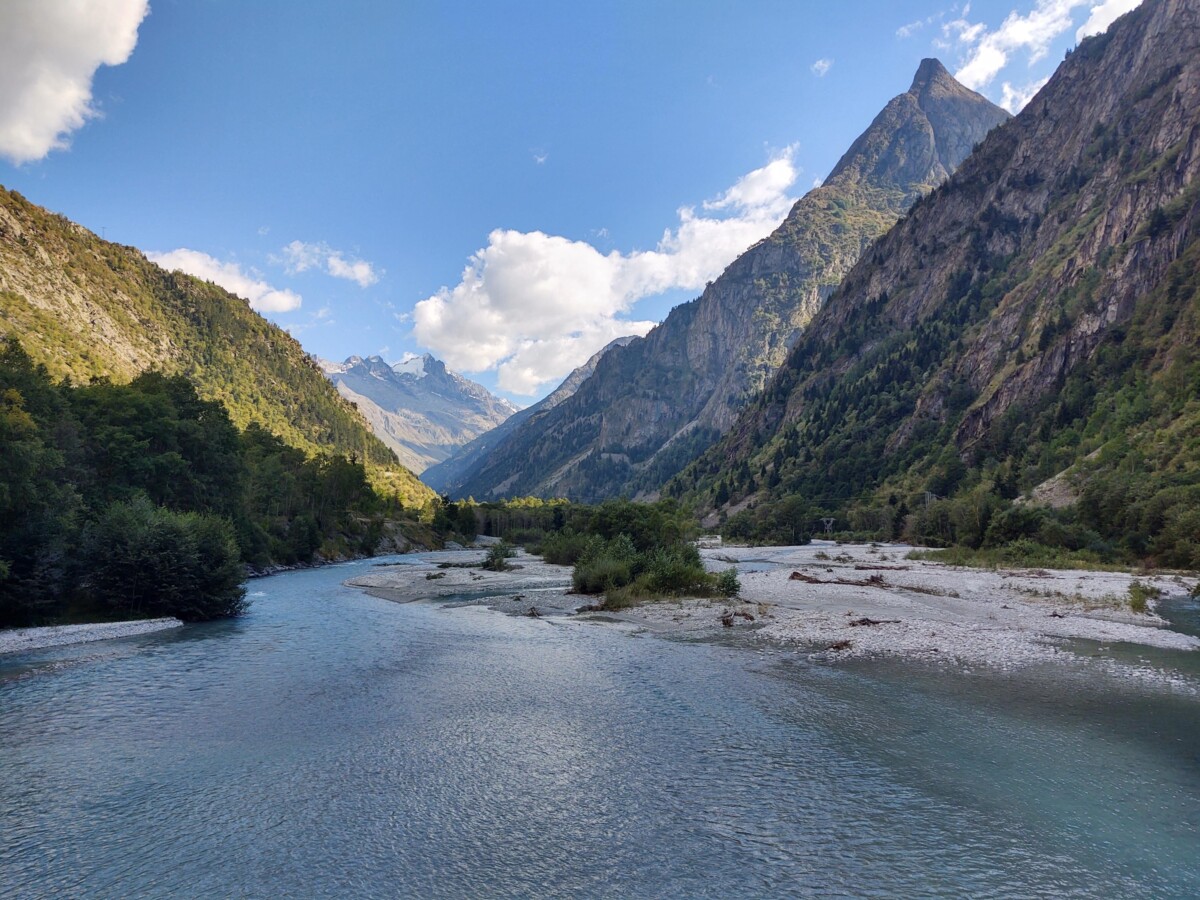 This open access paper was published recently by the Journal of Soils and Sediments and describes the efforts made by SedNet to generate attention for the inclusion of sediment in River Basin Management Plans (RBMPs) under the European Water Framework Directive (WFD). The SedNet response to key WFD implementation events is described using the “three-streams and windows-of-opportunities model” published by John Kingdon in 1995. SedNet was initially a response to the realization that the WFD—which came into force in 2000—largely neglected sediment. For SedNet, it was clear from the beginning that the WFD objectives can be achieved only if sediment is included in RBMPs. The SedNet efforts inspired the establishment of a sediment management concept for the Elbe river basin. That concept was used as a basis for the full inclusion of sediment in the second Elbe RBMP (2015–2021). SedNet experts are currently involved in the drafting of the WFD Common Implementation Strategy (CIS) sediment document which will be completed in 2021 and that will provide guidance about how to include sediment in RBMPs. The 2021 WFD CIS sediment document and the focus on sediment in the Water Fitness Check in 2019 make it significantly more likely that the sediment will be included in the updates of WFD RBMPs in the near future.
This open access paper was published recently by the Journal of Soils and Sediments and describes the efforts made by SedNet to generate attention for the inclusion of sediment in River Basin Management Plans (RBMPs) under the European Water Framework Directive (WFD). The SedNet response to key WFD implementation events is described using the “three-streams and windows-of-opportunities model” published by John Kingdon in 1995. SedNet was initially a response to the realization that the WFD—which came into force in 2000—largely neglected sediment. For SedNet, it was clear from the beginning that the WFD objectives can be achieved only if sediment is included in RBMPs. The SedNet efforts inspired the establishment of a sediment management concept for the Elbe river basin. That concept was used as a basis for the full inclusion of sediment in the second Elbe RBMP (2015–2021). SedNet experts are currently involved in the drafting of the WFD Common Implementation Strategy (CIS) sediment document which will be completed in 2021 and that will provide guidance about how to include sediment in RBMPs. The 2021 WFD CIS sediment document and the focus on sediment in the Water Fitness Check in 2019 make it significantly more likely that the sediment will be included in the updates of WFD RBMPs in the near future.
The paper can be downloaded here: https://rdcu.be/b7nyh
Contact: Jos Brils
Sediment source fingerprinting: benchmarking recent outputs, remaining challenges and emerging themes
Another paper published in the Journal of Soils and Sediments. This review of sediment source fingerprinting assesses the current state-of-the-art, remaining challenges and emerging themes. It combines inputs from international scientists either with track records in the approach or with expertise relevant to progressing the science.
Contact: Adrian Collins
LIFE NARMENA: NAture-based Remediation of MEtal pollutants in Nature Areas to increase water storage capacity
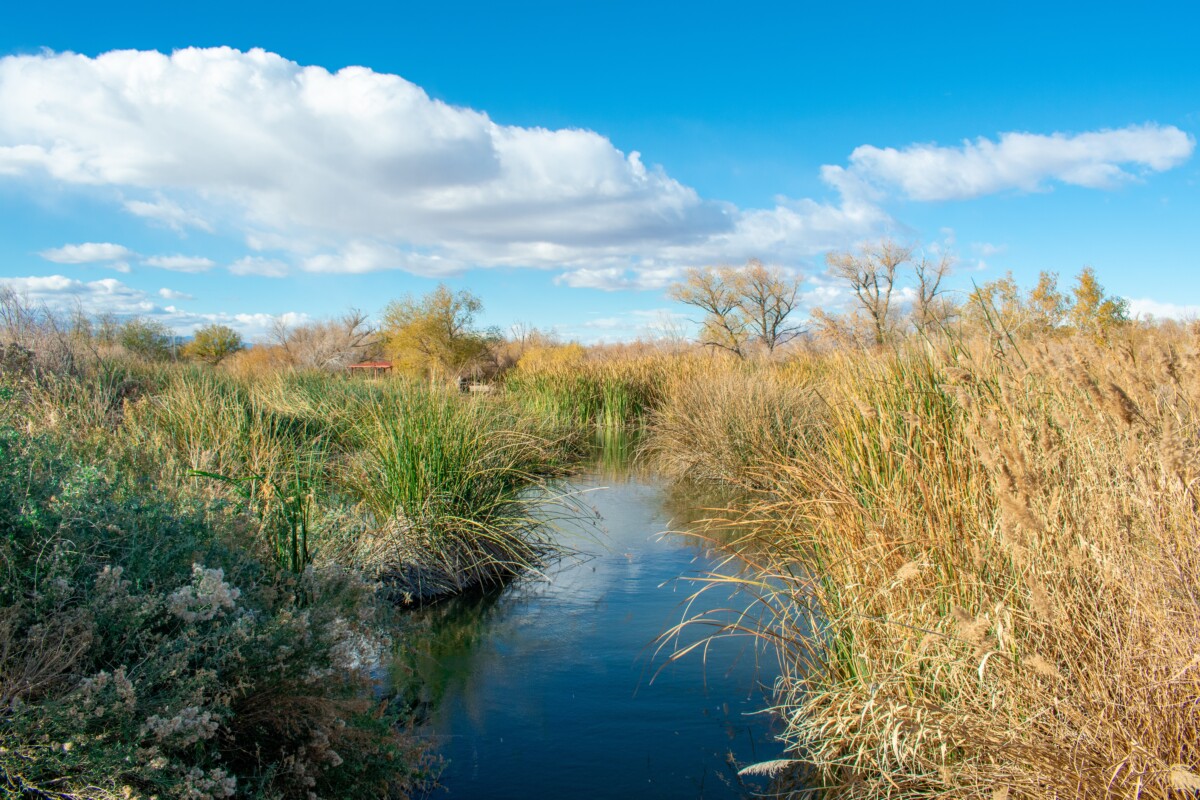 Managing increasing flood risks is a critical challenge for EU Member States, and water management is a key priority. One strategy to deal with emerging water pressure is the creation of water retention areas. However, widespread water and sediment pollution poses a serious obstacle to the creation of retention areas, since pollution would spread even further. A complicating factor is that water retention areas are generally situated in nature reserves where pollution can seriously damage the ecosystem.
Managing increasing flood risks is a critical challenge for EU Member States, and water management is a key priority. One strategy to deal with emerging water pressure is the creation of water retention areas. However, widespread water and sediment pollution poses a serious obstacle to the creation of retention areas, since pollution would spread even further. A complicating factor is that water retention areas are generally situated in nature reserves where pollution can seriously damage the ecosystem.
In the LIFE project NARMENA, seven partners target historical metal pollution in stream sediments and adjacent soils, located in nature reserves with a high water retention potential. Conventional remediation techniques can be effective, but are too destructive in areas with a high nature value. In LIFE NARMENA nature-based remediation (NBR) methods will be evaluated as a solution for contaminated soils and sediments in rivers, on riverbanks and on flood plains.
OVAM (Public Waste Agency of Flanders) implements this project together with the Flemish Agency for Nature and Forests (ANB), Natuurpunt, the Flemish Environment Agency (VMM), ABO NV, Bio2Clean, ARCHE Consuling bvba. Demonstration projects will be established for bacteria assisted phytostabilization, a subsurface flow constructed wetland and free water flow constructed wetlands in three different pilot sites in Flanders.
The aim is to significantly reduce the bioavailability of the metals. The current ecological risk of the metal pollution and the impact of different remediation scenarios will be assessed using a combination of environmental monitoring, eco-toxicity testing and ecological modelling.
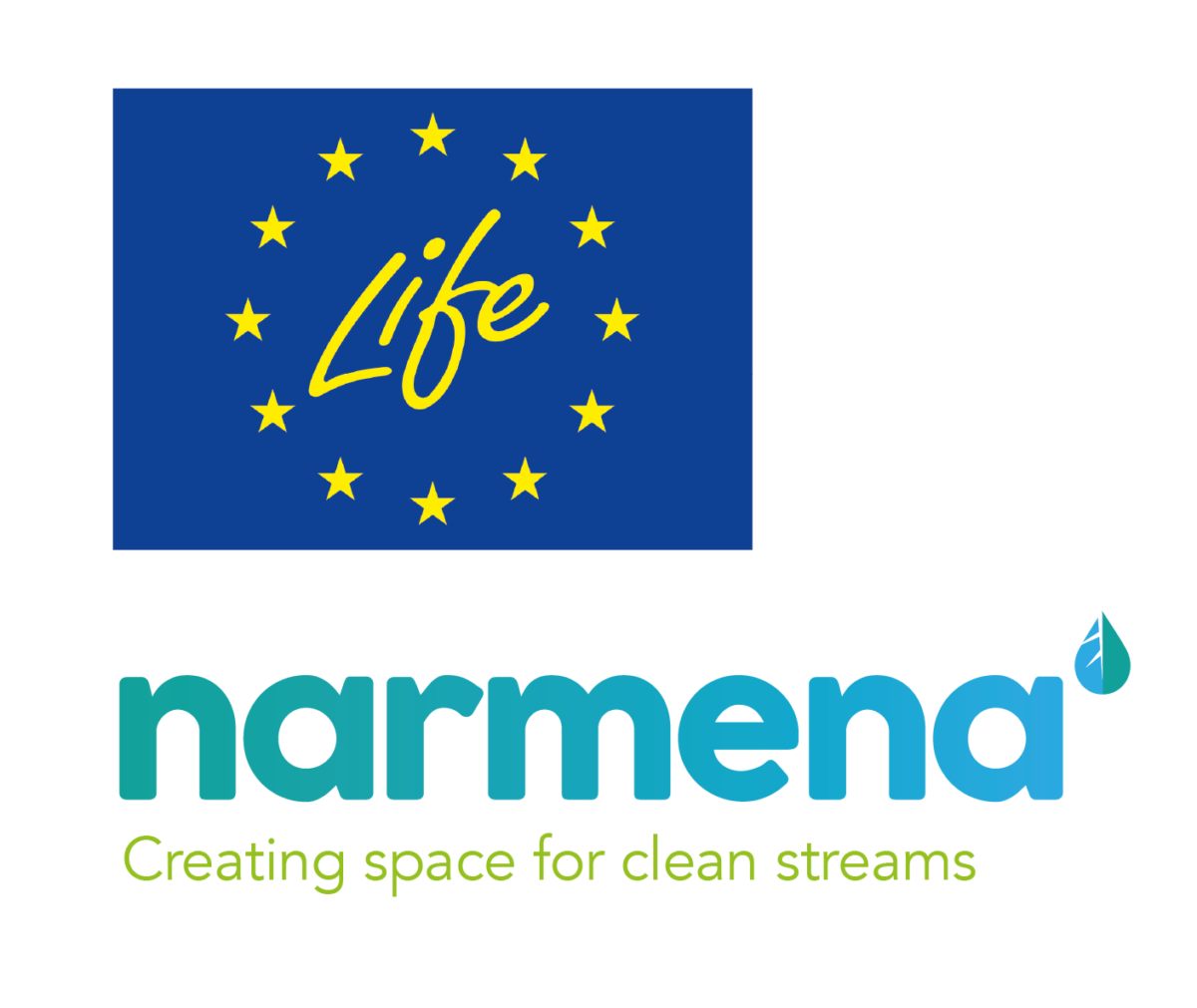 NARMENA’s results and experiences will be used to develop a framework for the application of these NBR techniques. Applying this framework, successful techniques will be replicated at other sites in Europe.
NARMENA’s results and experiences will be used to develop a framework for the application of these NBR techniques. Applying this framework, successful techniques will be replicated at other sites in Europe.
LIFE NARMENA is co-financed by the European Union. It is a six-year project and was launched in July 2019. For more information, please visit the project-website.
EmConSoil – a Multi-stakeholder Network for Emerging Soil Contaminants
In the last few decades, an increasing number of harmful chemicals have found their way into the environment and end up in soils, groundwater and sediments. The contaminants of emerging concern pose major challenges for policy makers, scientists, consultancies and problem owners. Adequate governance and management strategies are needed to prevent risks and further spreading of these contaminants and to preserve healthy soils for the future.
It is clear that the problem cannot be solved by the regulatory authorities alone. Concerted actions and initiatives are urgently needed. Therefore, the Flemish agency responsible for sustainable management of materials and soils, OVAM, started an international multi-stakeholder network, EmConSoil, ‘Challenges for emerging soil contaminant governance & policy’.
EmConSoil wants to be an open network for all stakeholders from different sectors and countries. The aims are to exchange knowledge, to develop strategies and policies through co-creation, to raise awareness, and intensify collaboration between all stakeholders. This will be done by information sharing through a website, conferences such as ENSOr, workshops, etc. The first EmConSoil newsletter is in preparation and will be sent out in October.
OVAM invites all interested parties to participate in the EmConSoil network. Please visit our website to get more information. If You to participate? Please fill out the registration form. Participation is free of charge, and without obligation.
AquaConSoil – International Conference 2021
Sustainable Use and Management of Soil, Sediment and Water Resources
Over the past months the AquaConSoil organisers have been working hard on a new concept for the conference. ACS have teamed up with a diverse group of both private and public parties in a Dutch hosting consortium. The intention is to host a series of digital events and conclude this series with a digital conference (focus week 14-18 June 2021). The digital events will include interesting keynotes, interactive elements (with opportunities to meet new people) and will give people the opportunity to present their recent work (research or other interesting initiative). In 2022, it is the intention to organize a face-to-face conference, which will be linked to the digital events organized in 2021.
Together with the hosting consortium and programme committee of AquaConSoil, the following topics have been defined for both the digital and the face-to-face conference:
- Vital and resilient soil-sediment-water systems
- Smart solutions for urbanizing areas of the world
- Smart tools and methods to connect people, planet and profit
- Integrated management of contaminated land
- Sustainable remediation technologies in context of the European Green Deal and energy transition
The topics reflect the gradual change of AquaConSoil, from a strong focus on soil remediation towards a more systemic approach, covering the entire soil-water-sediment system.
In the upcoming months, we will develop a new digital strategy. This includes the development of a brand-new website and visual identity. Aim is to become more visible all year round, and create a digital platform to share knowledge and meet people from the community. We hope to open our call for initiatives by November 2020, and also open our registration by that time. Right now, our new website is still under construction, so we will share our updates via our LinkedIn and Twitter pages and via our newsflashes.
If you have questions or ideas you would like to share, please send an email to aquaconsoil@deltares.nl.
Webinar Platform Baggernet ‘Sediment as a resource’ combined with final symposium of Interreg-project ‘Using Sediment As a Resource’ – 8th October 2020
The event is organized in cooperation with the Dutch Regional Water Authority of Schieland and the Krimpenerwaard and international partners (see www.hhsk.nl/USAR).
Sediment is a valuable resource, which has potential to be used in much smarter and more durable ways. Both in the Netherlands and abroad, many experiments to reuse sediment are being done.
On Thursday October 8th professionals from different countries will present and discuss their projects online. The central focus of the day will be on the results of the Interreg-project ‘Using Sediment As a Resource’ (USAR), in which Belgium, France, the United Kingdom and The Netherlands participate. USAR identifies, demonstrates and tests new methods and develops the business models and tools that water managers need to apply this circular approach in practice.
Main outputs of the USAR-project, that will be presented at the symposium, are an inventory catalogue of possible uses of sediment as a resource, recycling strategies for partner territories and an Operational Sediment Management System: an ICT-tool for water managers to make business cases and management decisions for recycling of sediment. On this day, we look towards a circular future in sediment management. The question is which content related and/or governance related steps are necessary to get to 100% circularity in sediment management? Download the full program here.
To register please click here. Once you are registered, we will make sure you receive the right login info for the webinar.
The webinar is presented to you free of charge. All presentations will be made available online afterwards. Therefore, please feel free to register also when you can only join in the live stream for part of the program.
News from the Sullied Sediments project
Recently two videos have been produced for the Sullied Sediments project. The videos are now live on You Tube.
The first video is called Sullied Sediments Explained: https://youtu.be/iXU8zeDheDY
This video shows how the Sullied Sediments team is working to better assess, treat and prevent chemical pollution in our waterways. The video explains that we have determined that certain chemicals, including those on the European Union’s Watch List, are present in our rivers and canals at concentrations that may be harmful to wildlife. It shows how new treatment methods, which have been developed in the lab, are now being tested in wastewater facilities. In addition, the video explains our RiverDip citizen science programme is raising awareness about river pollution and helping people to take action to prevent it.
The second video is called Sullied Sediments: People in Focus: https://youtu.be/yndRAu1ZrM4
This video introduces Els Ryken from VMM and Tim Charlson from Pocklington Canal Amenity Society, both of whom are actively involved in the Sullied Sediments project. Els works for the Flanders Environment Agency as a water quality expert. A trained biologist, Els speaks passionately about the health of our waterways and why it needs to be improved for the benefit of wildlife, people and our communities. Tim is our most dedicated citizen science volunteer. He talks about his concern for the state of the environment and what we are passing on to future generations and explains why he decided to get involved in the project.
RiverDip
Over the past two months, the Sullied Sediments Work Package 5 (WP5) team has been working with a creative agency called Clay10 Creative to design a training website to support our RiverDip citizen science programme. The website is aimed at volunteers who are interested in taking part in our phosphate sampling activity using our customised RiverDip app and paper analytic device (PAD).
The website explains what is entailed in the sampling activity and includes a video and step-by-step guide. There is information about how volunteers can register to get involved and what to expect. The website also provides key messages about the presence of chemicals in our inland waterways and some of the simple changes that we, as consumers, can make to reduce our impact on the environment.
As you will be aware, we were initially hoping to deliver the training in-person through a series of workshops across the North Sea Region. Given that this is no longer an option, we decided that it would be best to create digital training resources that volunteers can access safely and securely online. The RiverDip training website and video are now available here:
https://riverdip.com/
Project website: https://northsearegion.eu/sullied-sediments
Upcoming events
8 October 2020: Webinar Platform Baggernet ‘Sediment as a resource’ combined with final symposium of Interreg-project ‘Using Sediment As a Resource’ https://www.baggernet.info/
5 November 2020: online meeting SedNet Working Group Sediments in Circular Economy – see webpage.
25-28 January 2021: Battelle’s 11th International Conference on Remediation and Management of Contaminated Sediments, Nashville, Tennessee, USA. Call for Abstracts
10-11 February 2021: Addressing Climate Change Challenges with Sediment Management – Joint SedNet-NaCC Workshop.
Deadline for abstracts: 31 October 2020
9-12 June 2021: ContaSed2020, University of Bern, Switzerland.
2nd International Conference on Contaminated Sediments. ContaSed2020 will focus on organic and inorganic sediment contaminant classes including microplastics, emerging contaminants, heavy metals and persistent organic pollutants.
Deadline for abstract submission is 26 January 2021.
More info at the conference website
14-18 June 2021: AquaConSoil – International Conference on Sustainable Use and Management of Soil, Sediment and Water Resources. Digital event. See LinkedIn and Twitter pages for updates.
Contact: aquaconsoil@deltares.nl
21-25 June 2021: I.S.Rivers – Integrative Sciences & sustainable development of Rivers conference, Lyon, France. Call for Abstracts is open. See www.isrivers.org
29 June – 3 July 2021: 12th International SedNet Conference, Lille, France: “Sediment Challenges and Opportunities with Climate Change, and Sustainable Development Goals”
Deadline for abstracts: 1 December 2020
Conference webpage
29 June – 3 July 2021: 7th International Symposium on Sediment Management (I2SM), Lille, France.
The symposium is organised by IMT Lille Douai, parallel to the SedNet conference.
Deadline for abstract submission: 15 January 2021.
Further info about the symposium (incl. the template for abstracts) can be found on https://i2sm2020lille.wp.imt.fr/
14-15 September 2021: 11th Rostocker Baggergutseminars (in German).
See website seminar.
